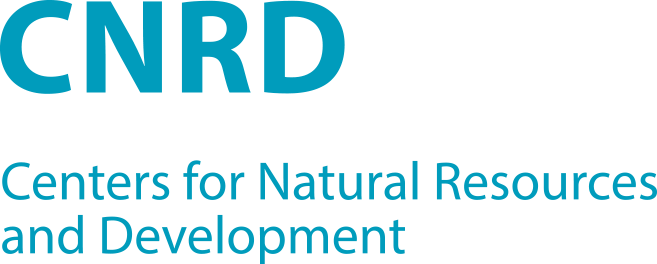Water balance and accounting for the Eastern Nile using advanced methodologies
From the 14th to 16th of November 2016, a workshop on “Water balance and accounting for the Eastern Nile using advanced methodologies” was hosted by the Water Research Center (WRC), University of Khartoum. This workshop was sponsored by the Center for Natural Resources and Development (CNRD) at the ITT, Cologne University of Applied Sciences.
The workshop gathered participants from Ethiopia, Sudan and Egypt, who come from academia and governmental bodies. In the three day workshop, intensive sessions of presentations and discussion were conducted. The main theme was investigating the potentiality of using advanced methodologies, products and tools in water balance and accounting for the Eastern Nile region.
The sessions included presentations covering a wide spectrum of data, methods and tools which could be useful in developing accurate water balance and water accounting for this area. Among others, sessions included cases on using remote sensing to estimate actual evapotranspiration and rainfall and evaluating hydrological models. Several participants showed applications of using remote sensing to manage surface water and groundwater, and many applications on identifying potential water harvesting sites.
Many participants contributed to the theme by showing case studies of real applications of products, methods and tools. For instance, using remote sensing data to advance multi-criteria drought index, and using satellite-based actual evapotranspiration to analyze the efficiency of water use in agricultural schemes. Moreover, validation of open-source precipitation data on river basin level and using these data for water accounting in the Nile basin region were presented and discussed extensively.
Results of the fruitful discussions during this workshop emphasized the importance of advanced approaches in water resources management generally, and specifically in estimating water balance and conducting water accounts. One of the major outcomes of this workshop was developing a research concept using these advanced approaches for water accounting to ensure food security in the region. This research concept has potential to act as a collaborative effort, where researchers, governmental bodies and other stakeholders could work jointly in using these advanced data and tools and following these up-to-date methods. The ultimate goal of this research is to develop useful products needed by end users to ensure water and food security in this area.



